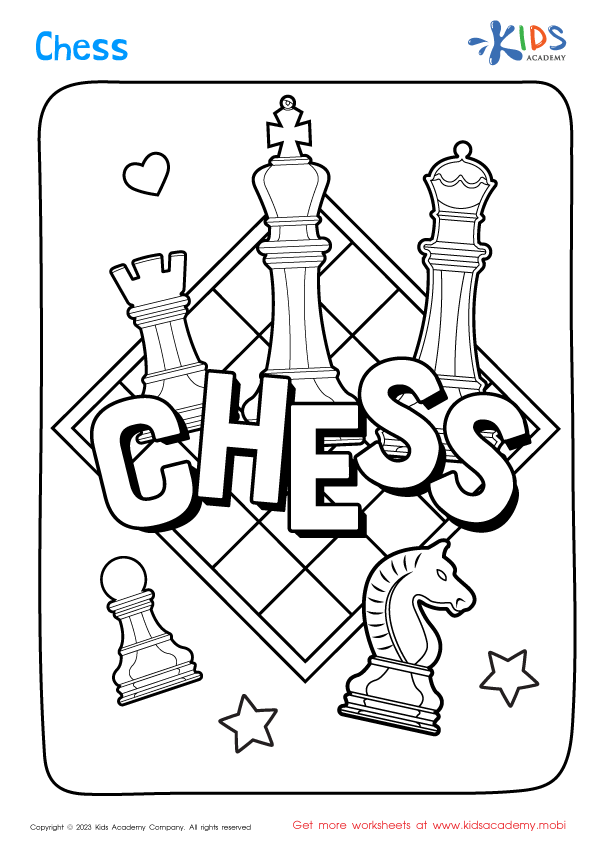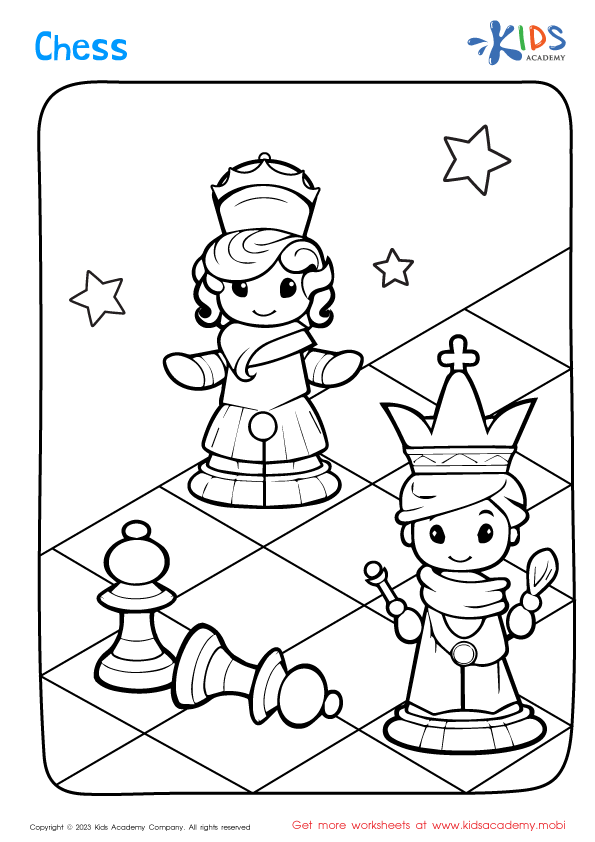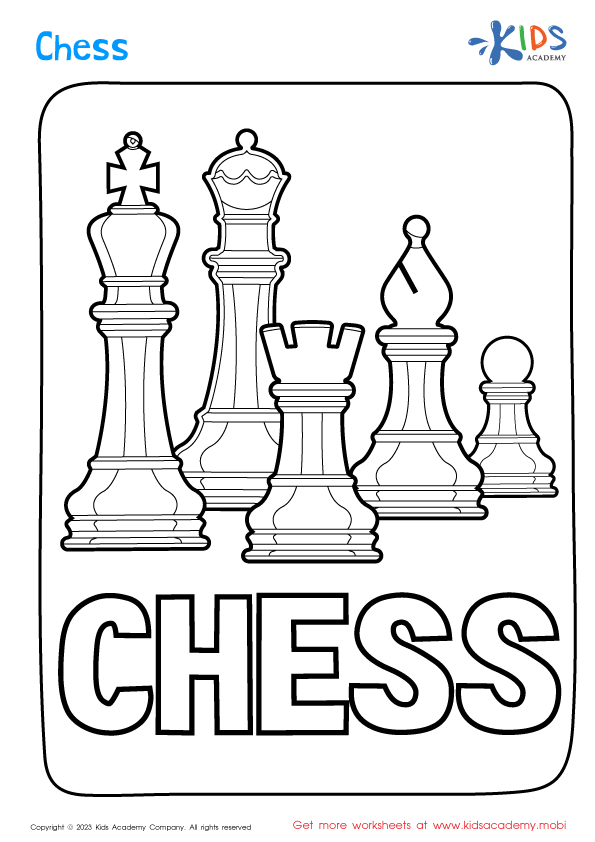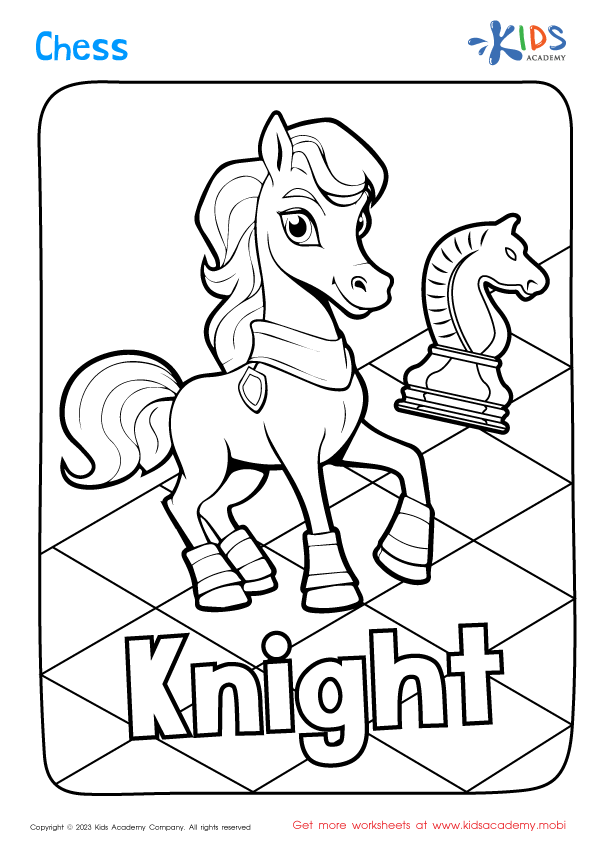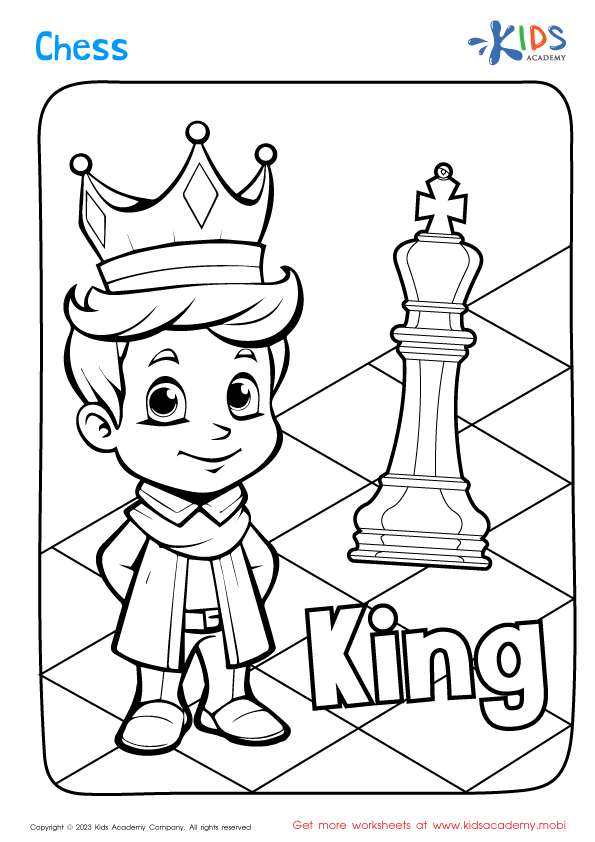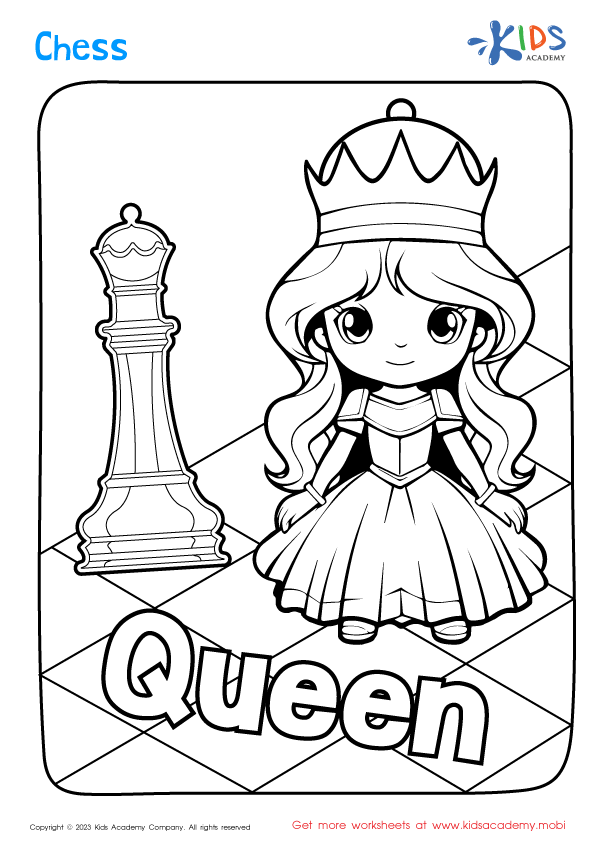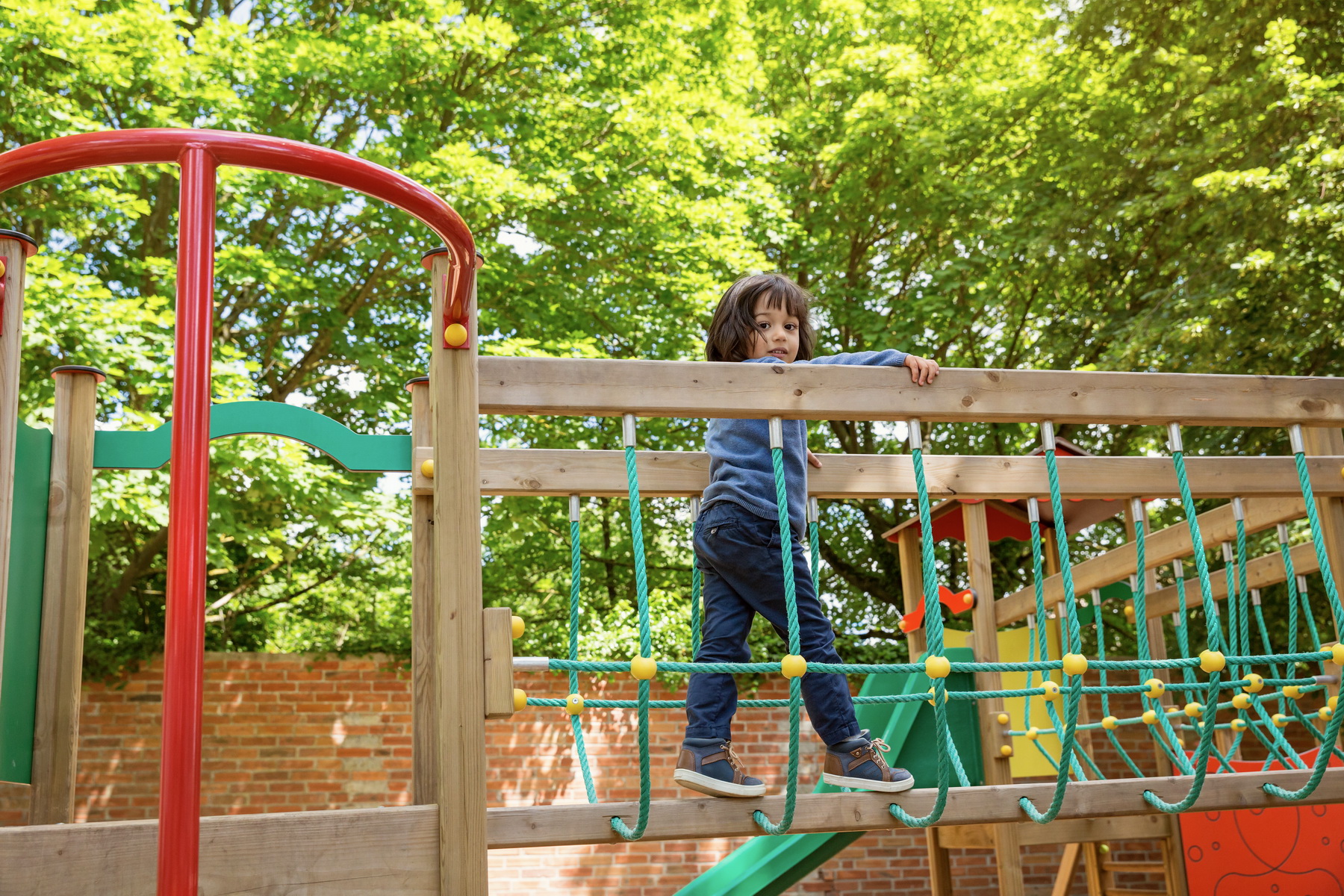International Chess Day worksheets activities for Ages 7-9
6 filtered results
-
From - To
Celebrate International Chess Day with our engaging worksheets and activities designed for children ages 7-9! Our collection includes fun brain teasers, games, and exercises that promote critical thinking while introducing the strategic world of chess. Kids will enhance their problem-solving skills as they tackle puzzles related to the game, learn about chess pieces and rules, and develop a love for this timeless pastime. Perfect for classroom settings or at-home learning, these worksheets provide an exciting way for young learners to immerse themselves in chess while building essential cognitive skills. Download now and make International Chess Day a memorable experience!
International Chess Day, celebrated on July 20th, offers a unique opportunity for parents and teachers to engage children aged 7-9 in a stimulating and educational activity that promotes critical life skills. Chess enhances cognitive abilities such as problem-solving, critical thinking, and decision-making. For developing brains, learning to strategize and plan several moves ahead fosters patience and resilience, vital for personal growth and academic success.
Participating in chess activities builds a sense of community, encouraging teamwork and sportsmanship among peers. Children learn to show respect for opponents and the value of both winning and losing gracefully. These invaluable social skills not only strengthen friendships but also prepare children for varied interpersonal experiences in the future.
Chess also integrates seamlessly with subjects like mathematics and history, providing a multi-disciplinary approach to learning. Parents and teachers can capitalize on this by organizing chess tournaments or lessons, igniting enthusiasm for intellectual pursuits and setting a foundation for lifelong learning.
Lastly, celebrating International Chess Day highlights the importance of play in education. It is a fun way to engage young minds, making learning enjoyable while prioritizing skill development. Thus, embracing chess activities aligns with nurturing well-rounded, thoughtful, and innovative future leaders.
